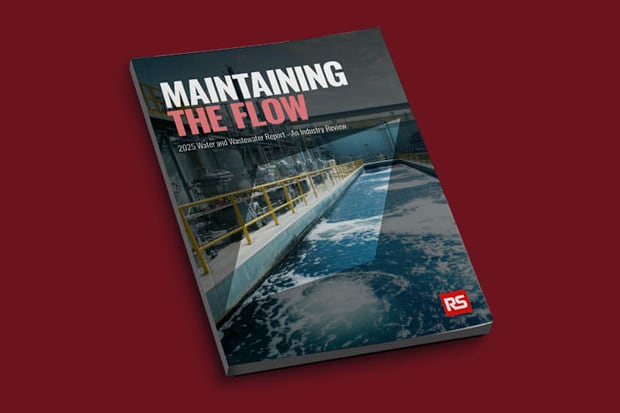How many times does a process need to happen before it is worth establishing a standardised procedure? The answer varies according to the scale, frequency and impact but for one water and wastewater company, the cost of having an ad-hoc system for engineers to order necessary equipment was mounting up. To tackle this problem, the company partnered with a trusted maintenance, repair and operations (MRO) supplier to find a solution that saves both time and money.

Standardisation improves efficiency
How standardising toolkits improved efficiency and saved time for a leading water and wastewater company
This water and wastewater company employs more than 1,000 engineers across six different crafts that include mechanical, electrical and apprentice engineers. Each of these engineers carries around 100 items of equipment that they are most likely to need in the back of their vans.
There was no standardised toolkit for any of the six crafts, so the tools needed were purchased individually and through different suppliers. This was a lengthy process involving multiple Purchase Orders and often resulted in them sourcing unsuitable items that lacked the appropriate certifications for use in this sector.
The company worked with RS to develop a standardised approved toolkit list for each of the six crafts. Crucially, RS liaised with key stakeholders on the firm’s engineering teams, going through each item line by line and checking their specification. This was an important part of the process, ensuring that the tools are fit for purpose while also achieving the goal of full standardisation: the same brand of power tools, the same brand of chisels and so on.
Engineers now only need to raise one Purchase Order to get everything they need delivered to them in a pre-approved toolkit tailored to their craft. Staff that need a replacement item can raise a Purchase Order for that specific piece of kit.
The new system is far more efficient, vastly reducing the time and cost associated with sourcing and receiving tools. The whole purchase-to-pay process is streamlined. Engineers spend far less time on the process and there are also far fewer Purchase Orders to handle. There are far fewer deliveries to manage too.
The estimated saving in terms of time spent on sourcing, ordering, receiving orders and reconciling payments is an estimated annual saving of around 500 hours.
Standardisation offers other advantages as well. These include the ability to leverage better pricing because of purchasing quantities and better compliance with certification standards. RS has also arranged for some of the tool manufacturers to provide training on how to use the equipment to new apprentices every year.
The feedback from engineers who have already placed orders for the toolkits has been positive, with reports that it saves so much time and, crucially, allows them to get on with their job. They can focus on the task in hand knowing that they have safe, fit for purpose tools to do so.
2025 Water & Wastewater Industry Report
In RS' latest industry report, we explore the current landscape and history of the water and wastewater sector, it's challenges and the innovation that is changing the sector.
Learn more about how toolkits from RS helped to improve efficiency
Watch the video summary of how RS saved 500 hours per year by introducing standardised approved toolkits
